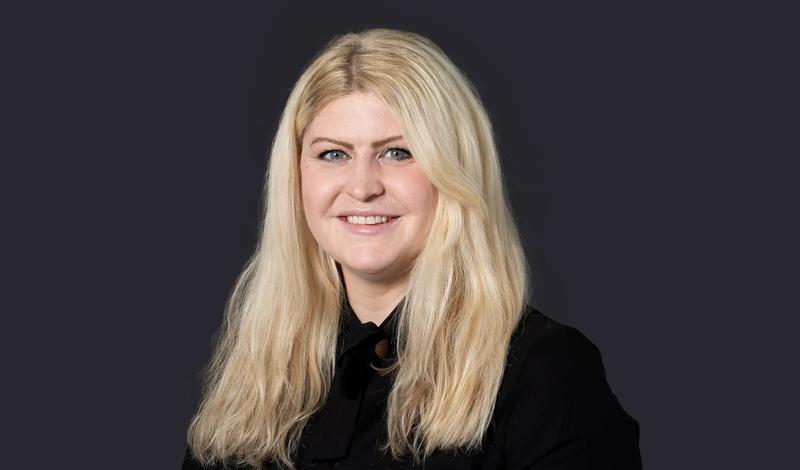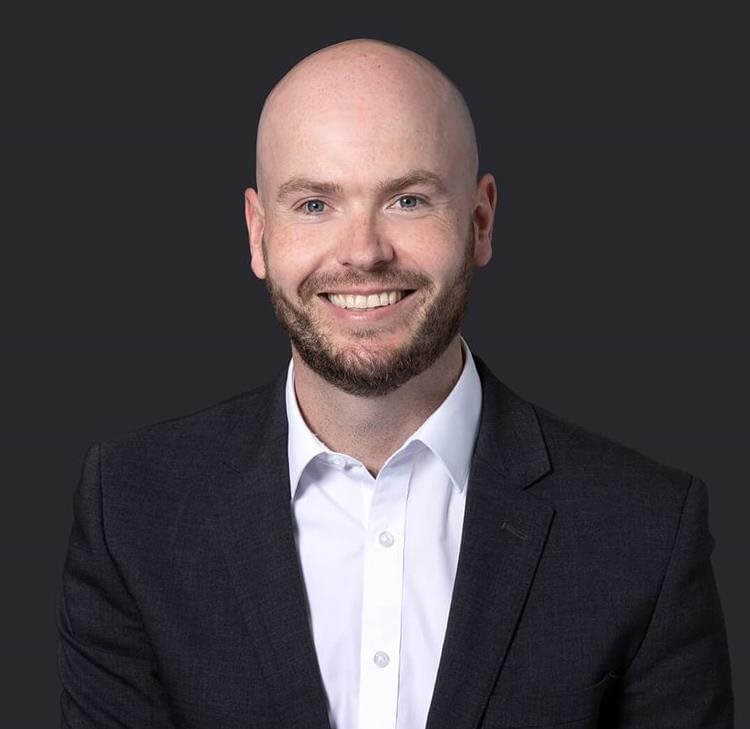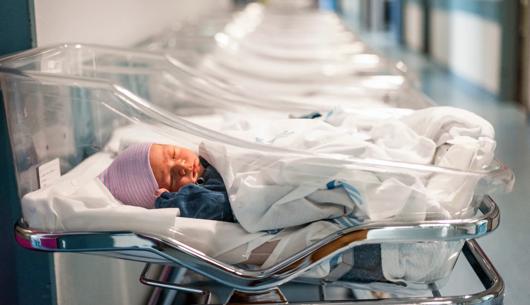A recent Court of Appeal case, R(JJ) v Spectrum Community Healthcare CIC [2023] EWCA Civ 885 (“the Spectrum case”), has confirmed that a patient is not entitled to demand medical treatment that is not clinically indicated and therefore not offered to him by a clinician. Browne Jacobson has relied on this judgment in another recent case, to successfully argue that a private care home provider cannot be compelled to provide care to one of its residents in a manner that it did not consider to be safe. We have analysed the two cases below.
The Spectrum case
The Spectrum case concerned JJ, an incarcerated man cared for in the healthcare wing of HMP Liverpool by Spectrum – a healthcare provider. Due to a rare genetic condition, JJ is a quadriplegic without teeth and dependent upon staff for all personal care and feeding.
Eating certain foods poses serious risks to JJ, as he is prone to choking. Following a Speech and Language Therapy (SALT) assessment in May 2021, a diet of soft and bite sized food was recommended. However, JJ wanted to choose his diet and requested boiled sweets, biscuits and crisps. It was agreed JJ had capacity to make this decision, but Spectrum declined his request, maintaining their staff could be at risk of criminal and disciplinary proceedings if they gave JJ boiled sweets contrary to the SALT’s advice.
JJ brought judicial review proceedings against Spectrum, contending that the refusal to feed him foods of his choice was irrational, discriminatory, and in breach of his autonomy rights and Article 8 rights to physical and psychological integrity. The High Court dismissed his claim, stating that Spectrum's feeding policy was reasonable, necessary, and proportionate given the substantial risks posed by non-soft foods.
JJ then appealed to the Court of Appeal, but his appeal was dismissed. The Court of Appeal made several significant points during the dismissal:
- In accordance with CQC Regulations, Spectrum must provide safe care and treatment. There is no ‘consent defence’ under the CQC Regulations which permits a healthcare provider to provide care which it considers carries unacceptable risk.
- Spectrum could face potential CQC prosecution if JJ were to choke and die after being given boiled sweets, especially since they had commissioned and understood the contents of the SALT assessment that highlighted the risks.
- There was the potential for Spectrum to be vulnerable to prosecution under the Health and Safety at Work etc Act 1974, along with the risk of criminal prosecution.
- If JJ died as a result of eating boiled sweets, it would inevitably lead to an inquest which would be stressful and distressing for the carers involved.
The central question before the Court of Appeal was whether a patient can demand a clinician to provide treatment that is not clinically recommended and therefore not offered. The court held that the law is clear: a clinician cannot be compelled to do so. A patient's choice is limited to the available treatment options, and while they can choose among those options, they cannot force a clinician to provide a treatment that they consider inappropriate.
The Court also referred to the recent Supreme Court case of McCullough v Forth Valley Health Board, which similarly affirmed that the decision on reasonable treatments to offer a patient lies within the professional skill and judgment of the doctor providing those treatments.
Relying on the Spectrum case in the Court of Protection
Browne Jacobson has successfully relied upon the Spectrum judgment in a recent Court of Protection case, in which it was instructed by a private healthcare provider. The case involved an adult (referred to as P) with severe learning disabilities and complex physical needs.
Following an in-depth best interests meetings held in 2018, it was agreed that it was in P’s best interests to use video and auditory monitoring in his care, due to the need to monitor heightened behaviours, whilst causing the least distress. P was therefore monitored by a single camera in his bedroom and by CCTV in communal areas, and this care plan was authorised by way of a Deprivation of Liberty Safeguards Standard Authorisation.
However, over time, P’s family and the public bodies involved in his care raised concerns as to the necessity and proportionality of the monitoring system in place. A hearing was held to consider the continued use of video and auditory monitoring.
The care provider’s primary case was that it was not able to provide safe and effective care to P without the use of video and auditory monitoring. Relying on the Spectrum case, the care provider argued that neither a private individual nor the court could compel a care provider to deliver care that it considered to be unsafe and was not willing to provide.
The Judge agreed, and acknowledged that he could not make an order requiring the care provider to stop CCTV recording as this was not an available option.
In both cases, the courts appear to uphold the principle that care providers have the discretion and responsibility to determine what care is safe and appropriate for their patients, within the bounds of professional judgment and regulatory requirements. This means that patients cannot demand treatments or care that providers consider unsafe or against their professional judgment.





































